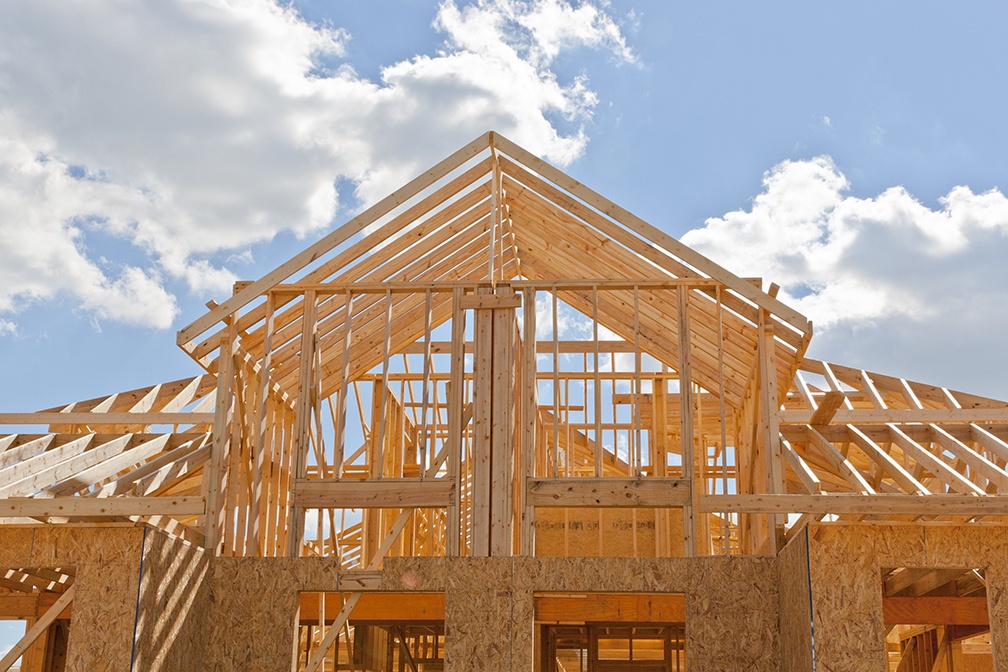The Process Of Buying A New Construction Home
 Because the housing market is so competitive right now, many buyers are looking at alternative options. Instead of looking for a resale home, some buyers are considering a new home. What is the process of taking out a loan on a new construction home? There are several factors buyers should consider.
Because the housing market is so competitive right now, many buyers are looking at alternative options. Instead of looking for a resale home, some buyers are considering a new home. What is the process of taking out a loan on a new construction home? There are several factors buyers should consider.
Pricing On A New Construction Home
Many buyers are used to negotiating with sellers to get the best deal possible. On a new construction home, it is still possible to negotiate for a better price. Most homeowners are going to be negotiating for better items in the home than the purchase price. For example, it might be possible for buyers to negotiate for better counters, cabinets, floors, or appliances instead of asking for a discount on the price. It is also possible for buyers to negotiate for better options if they are the first or second people to move into the new community. Homes usually go up in price after the first homes in the community sell.
A New Home Is Often A Better Investment
Buying a new home is often a better investment than purchasing an older home. Newer homes tend to appreciate faster immediately after they are built. Many people like to buy a home that has had only one owner because items in the home are less likely to break. Therefore, homes with only one owner are often in higher demand, which can lead to higher property values on new homes.
Understand The Financing Process
Typically, prospecting homeowners need to put down a building deposit for the project to start. This is usually three percent of the projected sale price of the home; however, it can be higher or lower depending on the price of the home and the builders. In addition, homeowners need to be aware that they will need to secure financing when the building project nears its completion date. The lender might require a certain percentage down in order to finance the home.
Do Not Hesitate To Ask For Help
Buying a new home does have a few differences when compared to buying an existing home. Homeowners should reach out to professionals for help with this process to make sure they get the best deal possible.

 When people are looking for a home, they are often looking for something that is move-in ready. While this might make the process easier, this can also make the home much more expensive. It is still possible to find a dream home even if the house requires a bit of renovation. This is also a great opportunity for homeowners to customize the home to meet their needs. What do potential homeowners need to know about taking out a mortgage to renovate a fixer-upper when compared to a conventional home loan? Take a look at some helpful information below.
When people are looking for a home, they are often looking for something that is move-in ready. While this might make the process easier, this can also make the home much more expensive. It is still possible to find a dream home even if the house requires a bit of renovation. This is also a great opportunity for homeowners to customize the home to meet their needs. What do potential homeowners need to know about taking out a mortgage to renovate a fixer-upper when compared to a conventional home loan? Take a look at some helpful information below. If you have equity in your home, you may wonder how you can access it. You don’t want to sell your home, but you know you’ve earned a profit from it.
If you have equity in your home, you may wonder how you can access it. You don’t want to sell your home, but you know you’ve earned a profit from it.